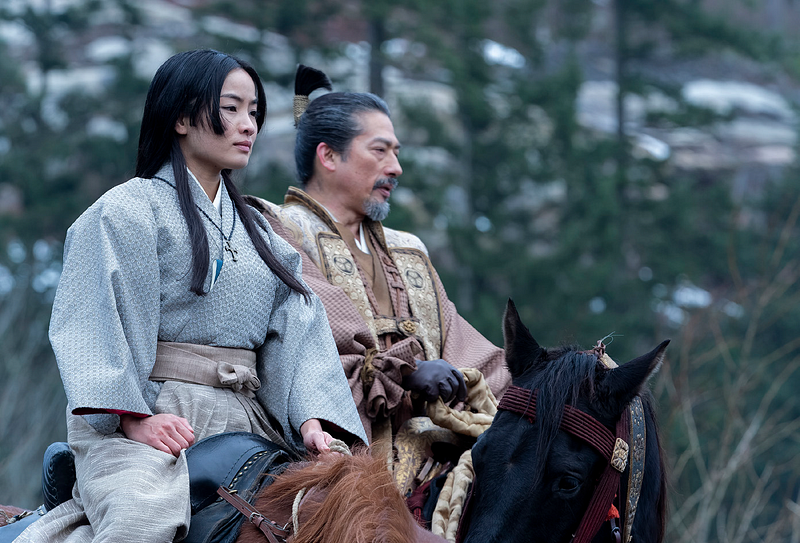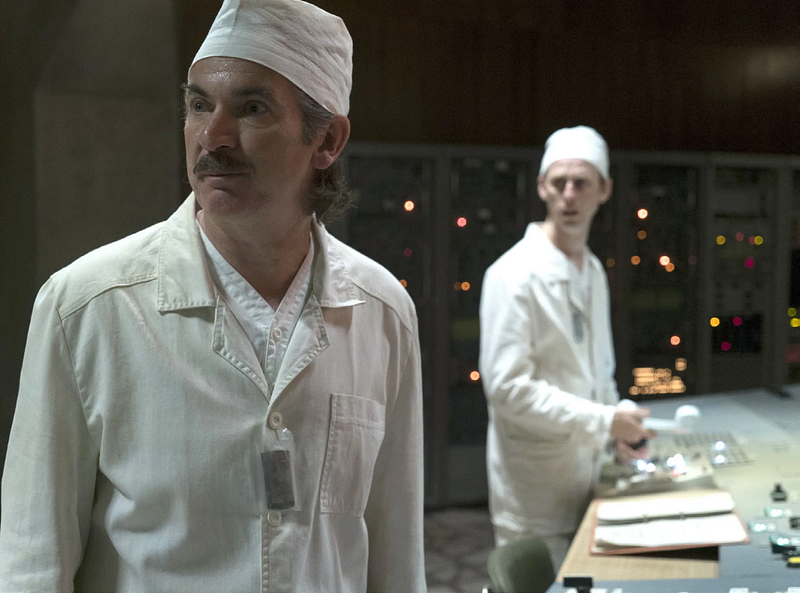
In an age where media dominates the American societal landscape, films and television shows that reach high levels of popularity have the potential to captivate large audiences across the country and communicate information in interesting ways. Even as movie theater attendance drops and big-budget movies fail more often than ever, films that gain traction are still capable of bringing in massive amounts of revenue at the box office and less popular films can find a new life on streaming services. The best TV shows, too, can ride waves of popularity to great success.
The majority of the biggest box office hits of the last ten years have been action movies, many of them set in fantastical worlds. They may range in quality, but most communicate little more than a shallow message to their audience. TV shows are often a bit bolder in their ambitions, since television has risen to the forefront of innovation in media. Still, the majority of the most popular shows of the last ten years are not tied to the realism of our world, if they are set in our world at all. After all, entertainment is usually made to provide escapism to the audience to some degree. They change the details of our world or use another world altogether as a setting as an easy way to accomplish that goal.
While this form of escapism is undoubtedly important, it is equally important for film and television to address real-world issues of the past and present through historical dramas. Historical dramas grounded in reality have a unique ability to capture past events and figures in an immersive and engaging way that allows a vast population to interact with the past and present. Some of the greatest shows and films of all time have utilized history to communicate powerful messages to their audiences while providing an entertaining and informative spectacle. Shows such as
Band of Brothers
or
Shogun
and movies such as
Schindler’s List
and
The Imitation Game
are still considered classics of their respective genres to this day, giving a fascinating look at dramatized settings and people of the past. Films and television also have the opportunity to impact the world directly by depicting the present in a historically grounded way, whether that is
Dr. Strangelove
and its reshaping of debates around nuclear deterrence and deployment or the pressure that
City of God
put on the Brazilian government to address poverty and corruption issues. Films and television that deal with real-world issues can have a significant impact on public discourse and policies.
Period pieces often have a harder time gaining traction in the media due to their generally slow pace, but they can have similarly significant impacts on society and culture. They can provide a complex look at a specific time and place, focusing on historical or historically inspired events in an entertaining way. Films like 2023’s
Oppenheimer
, for example, a film that enjoyed both enormous success at the box office and massive critical acclaim, demonstrated general audiences’ willingness to watch dialogue-heavy films with long run times and minimal action if what they were watching was well-produced and interesting.
Oppenheimer
brought to life an important American historical figure with all of his nuances and contradictions while examining his lasting impact on the world. It allowed audiences to engage directly with topics and questions pertinent to then and now in a more accessible way than reading thousands of pages might be.
The 2019 show
Chernobyl
accomplished a similar feat to
Oppenheimer
, exploring a fascinating example of governmental and bureaucratic oversight. The show received nineteen nominations at the Emmys, winning three. Just three episodes in, it was voted by fans to the top of IMDB’s 250 greatest TV shows of all time list. Though it portrayed a serious and grim situation, it was a hugely popular success, shining light on an important part of Soviet history and the heroic actions of some of the people involved.
These two recent examples show the power and influence of well-made historical dramas that showcase history in an entertaining and engaging way. In the present day of polarization, tumult and uncertainty, it is important to look back to the past for answers. Examining events and the lives of great figures of the past that have shaped our world today is a great way to make sense of the world unfolding around us. Alternatively, grounding films and television shows about the present on a historical basis can likewise allow audiences to reflect on the issues more effectively and with more nuance and understanding. Television and films must continue to turn to history so that audiences can more accessibly learn about and engage with the past and the present.


























